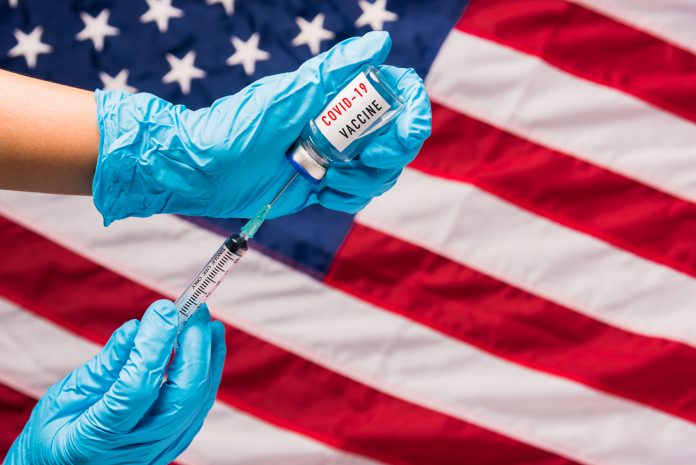A new study by the University of California, Davis has found that a third of Americans are either unlikely or hesitant to get a COVID-19 vaccine when it becomes available
Researchers from the University of California, Davis polled 804 people out of an internet pool of 2.5 million residents across the United States to determine the uptake of the COVID-19 vaccine.
Of the respondents, 14.8% stated they were unlikely to get vaccinated and another 23% were unsure due to concerns about vaccine side effects, worries about allergic responses to the vaccine, doubts about vaccine effectiveness and a preference for developing immunity through infection.
“Our research indicates that vaccine uptake will be suboptimal … with 14.8% of respondents being unlikely to get vaccinated and another 23% unsure,” said Jeanette B. Ruiz, assistant professor of teaching communication at UC Davis and lead author of the study.
“Even though vaccination remains one of the most effective public health initiatives, some still doubt the efficacy and safety of vaccines. Unfortunately, the seemingly rushed process of the COVID-19 vaccine may have further fueled these doubts.” Co-author is Robert Bell, emeritus professor of communication, UC Davis.
Recruitment was based on quota sampling to produce a U.S. census-matched sample representative of the nation, and was representative of the U.S. population in terms of region of residence, sex and age, but also diverse with regard to all demographic variables assessed.
Researchers measured the respondents’ intention to vaccinate; demographic and health status profile of individuals least likely to vaccinate; general vaccine knowledge and vaccine conspiracy beliefs; and the role of media and partisan politics played in their resistance to vaccination.
Authors indicated demographic characteristics, vaccine knowledge, perceived vulnerability to COVID-19, risk factors for COVID-19, and politics likely contribute to vaccination hesitancy.
Having an income of $120,000+ or being a Democrat factored into the likelihood of being vaccinated but being a Democrat, Republican or Independent did not alter vaccine knowledge. However, one-fourth of those identifying with no political party reported they were not likely to get vaccinated.
Media also had an effect
Respondents relying on social media for information anticipated a lower likelihood of COVID-19 vaccine acceptance and those getting their information from various other media did not show significant differences in vaccine acceptance.
The media has regularly reported that men, adults age 65 and over, and individuals with pre-existing conditions are most vulnerable to COVID-19. Respondents from these groups said they were more likely to accept a future vaccine.
Unfortunately, the health disparities present in the spread and treatment of COVID-19 were reflected in survey participants’ vaccination hesitancy estimations,” researchers said in the paper. “The pandemic has especially burdened the African American, Latino and Native American communities, who account for a disproportionate number of COVID-19 cases and deaths. Greater likelihood of COVID-19 vaccine acceptance was associated with more knowledge about vaccines, less acceptance of vaccine conspiracies, elevated COVID-19 threat appraisals and being current with influenza immunization.”
The full study has been published in the journal Vaccine











